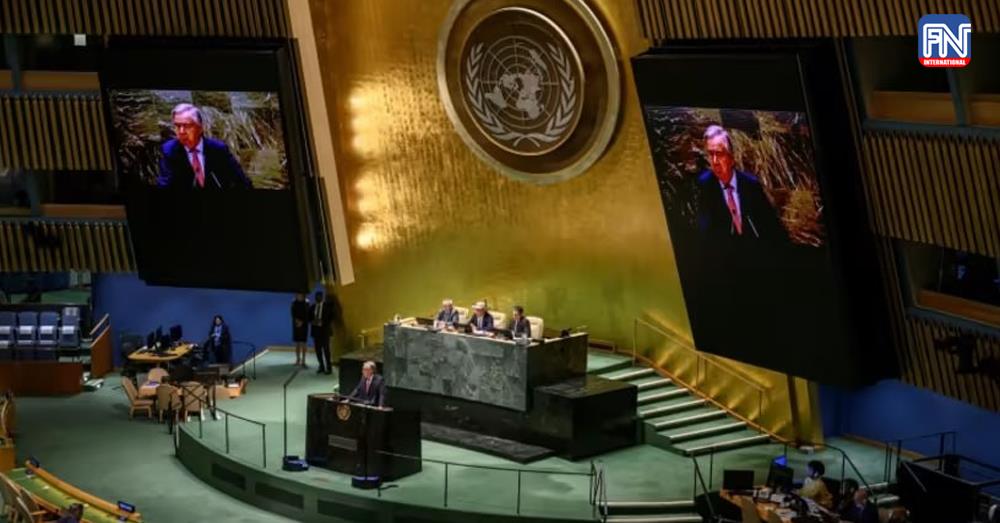UNITED NATIONS, June 19 (AFP) - The world's first international treaty to protect the high seas is due to be adopted Monday (Jun 19) at the United Nations, a historic environmental accord designed to protect remote ecosystems vital to mankind.
"It will be a huge accomplishment, one that we've already celebrated with the finalisation of the text in March. But the adoption formalises that, and really sets the pathway for the next steps," Liz Karan, of the NGO Pew Charitable Trusts, told AFP.
The landmark treaty will establish a legal framework to extend swathes of environmental protections to international waters, which make up more than 60 per cent of the world's oceans.
Following more than 15 years of discussions, including four years of formal negotiations, UN member states finally agreed on the text for the treaty in March after a flurry of final, marathon talks.
The text, since frozen, has been pored over by the UN's lawyers and translators to make sure it matches in the body's six official languages.
"Healthy oceans, from coastal waters to remote high seas and deep seabed areas, are integral to human health, wellbeing, and survival," a group of scientists noted in The Lancet journal.
Scientists have increasingly come to realise the importance of oceans, which produce most of the oxygen we breathe, limit climate change by absorbing CO2, and host rich areas of biodiversity, often at the microscopic level. But with so much of the world's oceans lying outside of individual countries' exclusive economic zones, and thus the jurisdiction of any single state, providing protection for the so-called "high seas" requires international cooperation.
Related:
